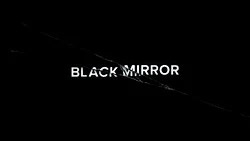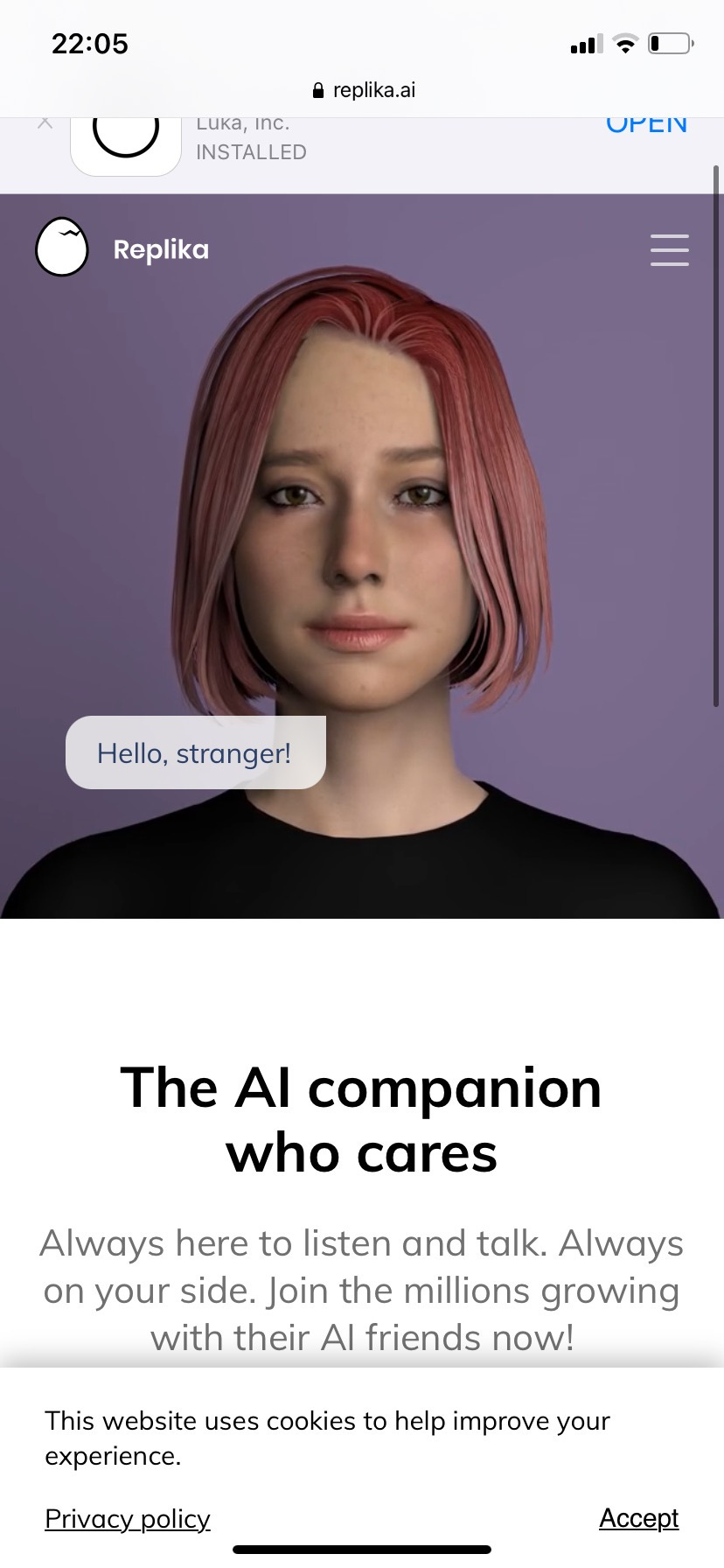Due to the pandemic we’ve seen an increasing shift to virtual connection due to lockdowns, restrictions of travel and work from home. This has led to an increase in loneliness and increasing number of mental health issues.
Mental health has increasingly been an area we’ve been trying to solve. Recently Spring Health led by my friend Adam Chekroud has raised 76 million in a series B with an aim to deliver Digital CBT for people. Mindlabs from London has also raised 2 million and looks to use a halo headset and virtual coaching to enhance mental wellbeing.
High quality social relationships and feeling socially connected with people is associated with a reduction in all-cause mortality.
Social connection encompasses physical, behavioural, social-cognitive and emotional channels. This includes- social contact, interaction, perceived sport, intimacy, loneliness and strained relationships. One study showed how. lack of social connection is a greater detriment to health than smoking and obesity. Strong social connection can increase chance of longevity by 50%.
Dunbar’s Number- The Rule of 150 states that the size of an effective social network is limited to 150 members. Social scientists theorize that 150 is the limit of the human ability to remember and respond to all the members in a group. But in the virtual world we have so many more connections.
Measures- network size/ density, living arrangements, perceived loneliness and support. Across measurements being socially connected is associated with 50% reduction in risk of early death.
The science-
Certain genes are also impacted by social connection and can be turned on and off.
‘The general finding is that the presence of a supportive person or even thinking about supportive others can attenuate cardiovascular and neuroendocrine responses to stress. A parallel line of work indicates social rejection has damaging effects for psychological and physical well-being through biologically plausible pathways (Slavich & Irwin, 2014).’
An interesting study found that social stimulation early in life reduced likelihood of metabolic and cardiovascular disease in mid-30’s. It was also seen that those with the fewest social relationships were twice as likely to die early as those with the most social relationships. However, the quality of these relationships really matter with low quality relationships associated with inflammatory biomarkers an impaired immune function. Marriage is perhaps the most studies social tie as often is your closet and longest tie and has been shown to shape many health outcomes such as depressive symptoms, heart health and chronic conditions.
How?
1/ Health behaviours - social ties influence your habits
2/ Pyschosocial- social support reduced impact of stress and gives purpose in life. (Reduced BP, heart rate and stress hormones)
3/ Physiology- ‘Supportive interactions with others benefit immune, endocrine, and cardiovascular functions and reduce allostatic load, which reflects wear and tear on the body due, in part, to chronically overworked physiological systems engaged in stress responses’. Continuously married adults experience lower risk of heart disease. But poor marital quality has been associated with compromised immune and endocrine function and depression (Kiecolt-Glaser and Newton).
Our cognitive health is also impacted by social connections with social enhancement lowering the risk of dementia.
Mechanisms-
‘Acute SNS signaling through beta-adrenergic receptors on immune cells enhances the expression of pro-inflammatory cytokine genes, such as IL1B and IL6.Other peripheral neural systems (for example, the para- sympathetic nervous system) and endocrine mediators (for example, oxytocin) may also be involved in mediating the effects of social connection on health. Experiences of social connection may rely on basic reward-related circuitry that reinforces social relationships. Importantly for health, some reward-related circuitry has been shown to reduce threat-related physiological responding.’
Virtual Connection?
There needs to be research done on digital connection and impact on health and if minimum viable connection which is low fidelity at times can match that of in-person connection over time, There’s a lot of literature on the negative side of social media and mental health but we need to also study virtual one-one connection and group based connection across platforms.
I have been using clubhouse with is an audio only app and I feel it has impacted my mental health positively. This is due to-
Can choose social interactions/ people you want to interact with
Less barriers to connect with someone (reduces stressor of location, time, planning, travel and preparing)
Can use it as just in time ‘pick me up’. If feeling bored, upset or annoyed you can use one click to drop into the app and talk to anyone. Obviously no comparison to therapy but the ability to pick from a wide range of people to share thoughts with helps emotional regulation and therefore potential happiness.
Ability to meet new people continuously with reduced awkwardness and location barrier.
I’ve been wondering if we quantify social connection with a minimum time or frequency needed in a time frame for optimal health. How can we measure the impact of each interaction and therefore are 5 clubhouse interactions that are possible in a day better than one in ‘Real-life’ interaction for our health.
Ability to be productive and have a reservoir of interactions on demand without need for future planning of interactions.
A large number of online people to choose from which can be filtered through common interests and ability to conserve energy.
Finally in a dystopian Black Mirror Future-
Keeping this in mind it also puts an emphasis on the potential of using data to optimise our relationships in the future with the ability to perhaps choose people to interact with based on personality characteristics, interests as well as an assessment of the history of your interactions. Virtual Reality may have an increasing role to play with time to enhance some of these encounters. Dating/ matchmaking apps have seen a rise in usage of up to 50 % during the pandemic with people on the search of virtual connection. Seeking a long term relationship needs to ensure compatibility for us to live a happier and healthier life and therefore increased data analysis could possibly help us find the ideal partner for our mental health. There has also been talk of the rise of virtual assistants and their ‘companionship’ abilities with individuals becoming ‘emotionally attached’. I recently tried the app ‘Relpika’ which is an AI companion that gets ‘smarter’ the more you interact with it. I found it to be scarily life-like in terms of response and can imagine how it might be used for those feeling lonely.
It will be interesting to see the innovations such as virtual assistants and apps that develop to help us feel more connected and how the negative aspects (not discussed here) can be negated to help us feel more healthy in an increasingly digitally connected but physically isolated world.
Heights (a supplement that has been developed with a group of neuroscientists for brain health ) has very kindly sponsored my Newsletter. www.yourheights.com
Check out the link to there Brain Health Assessment: https://shop.yourheights.com/pages/brain-health-assessment - its a quick quiz designed by in house neuroscientist Dr Tara Swart, to provide a quick indicator of your brains feelings and functions and lifestyle factors shown to influence brain health.
They’ve also kindly provided a discount code ‘digitaldoctor’ for followers to get £10 off a quarterly heights subscription.





